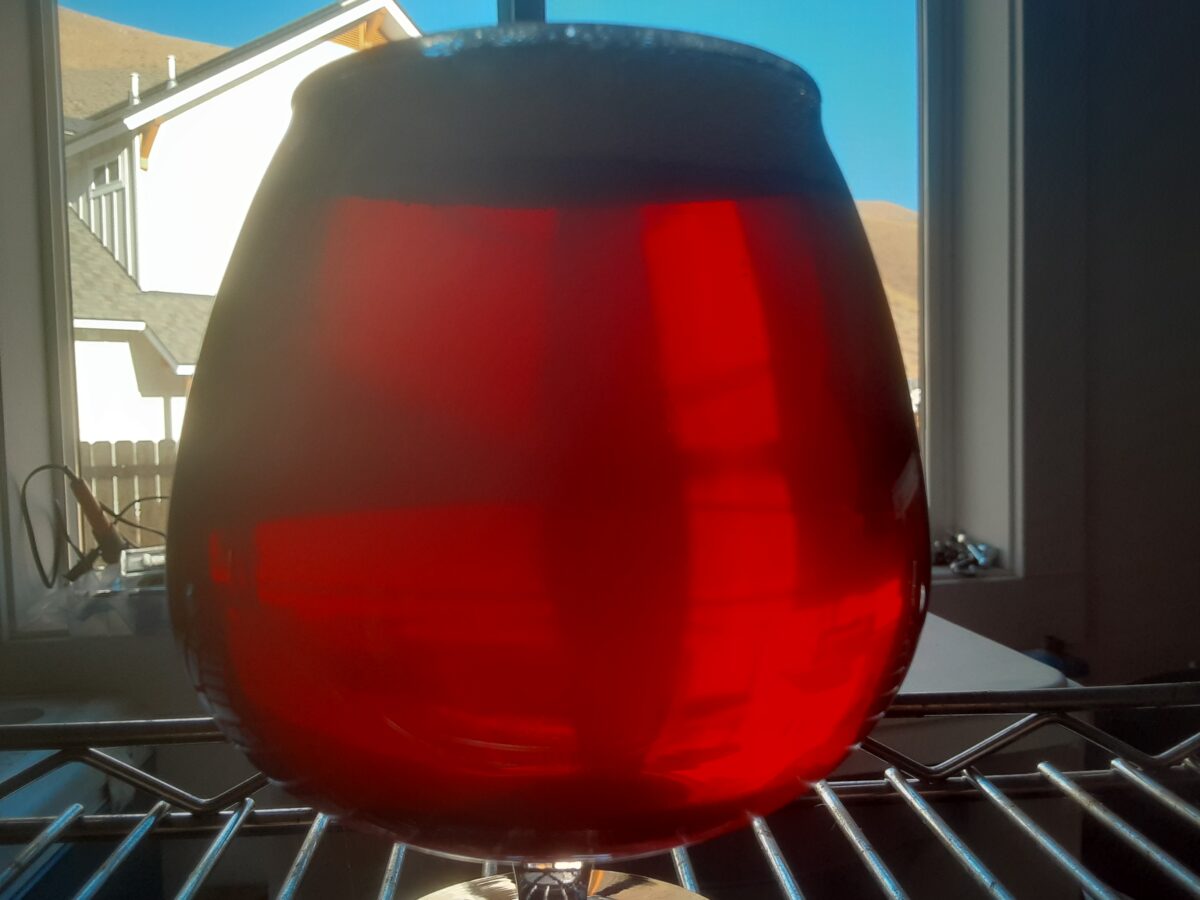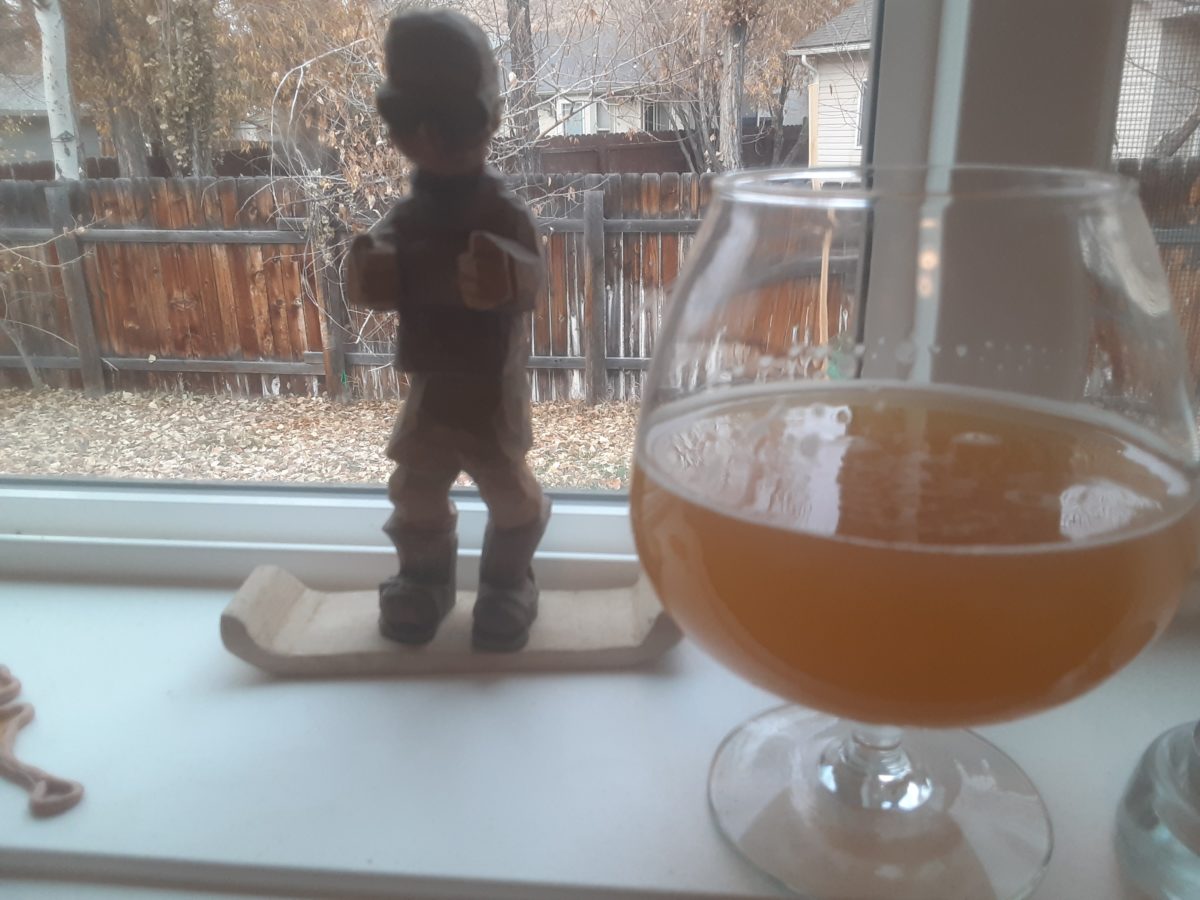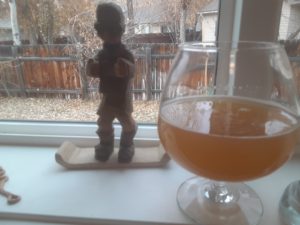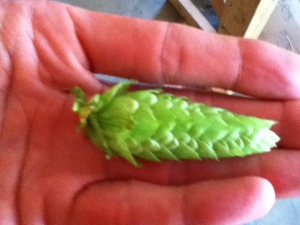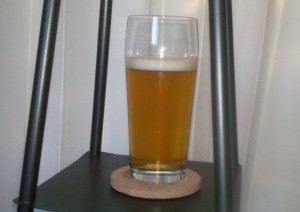For most people
Please be patient with me while I try to articulate my thoughts on this. Also, the real thing I’m saying is, “Homebrewing doesn’t make sense for most people.”
But for those of us who love it, and people who are curious, it’s definitely worth trying and getting involved.
What Beer Lovers Want
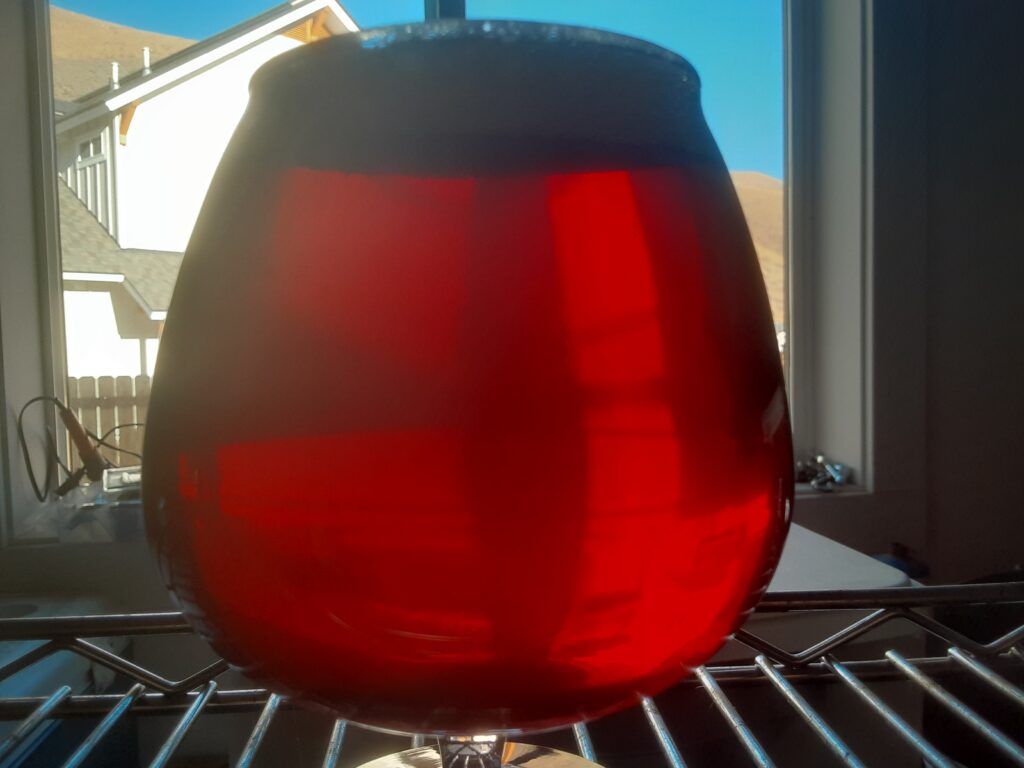
I mean, let’s get down to brass tacks. Beer lovers want good beer. And there is a plethora of great beer available at reasonable prices almost anywhere. I mean, what’s reasonable varies quite a bit. I saw some beer prices from Australia and New Zealand and did not think they were reasonable.
But I’m pretty spoiled with access to great beer. And it makes it pretty easy to skip making a batch when I can go to the store and grab a reliably great beer without giving up a fairly large chunk of time.
The Main Thing That Doesn’t Make Sense
Homebrewing requires gear. Much of the gear doesn’t get used for any other purpose, at least for myself and my friends who brew. And that can lead to some storage chaos, as illustrated by the picture of my garage below.
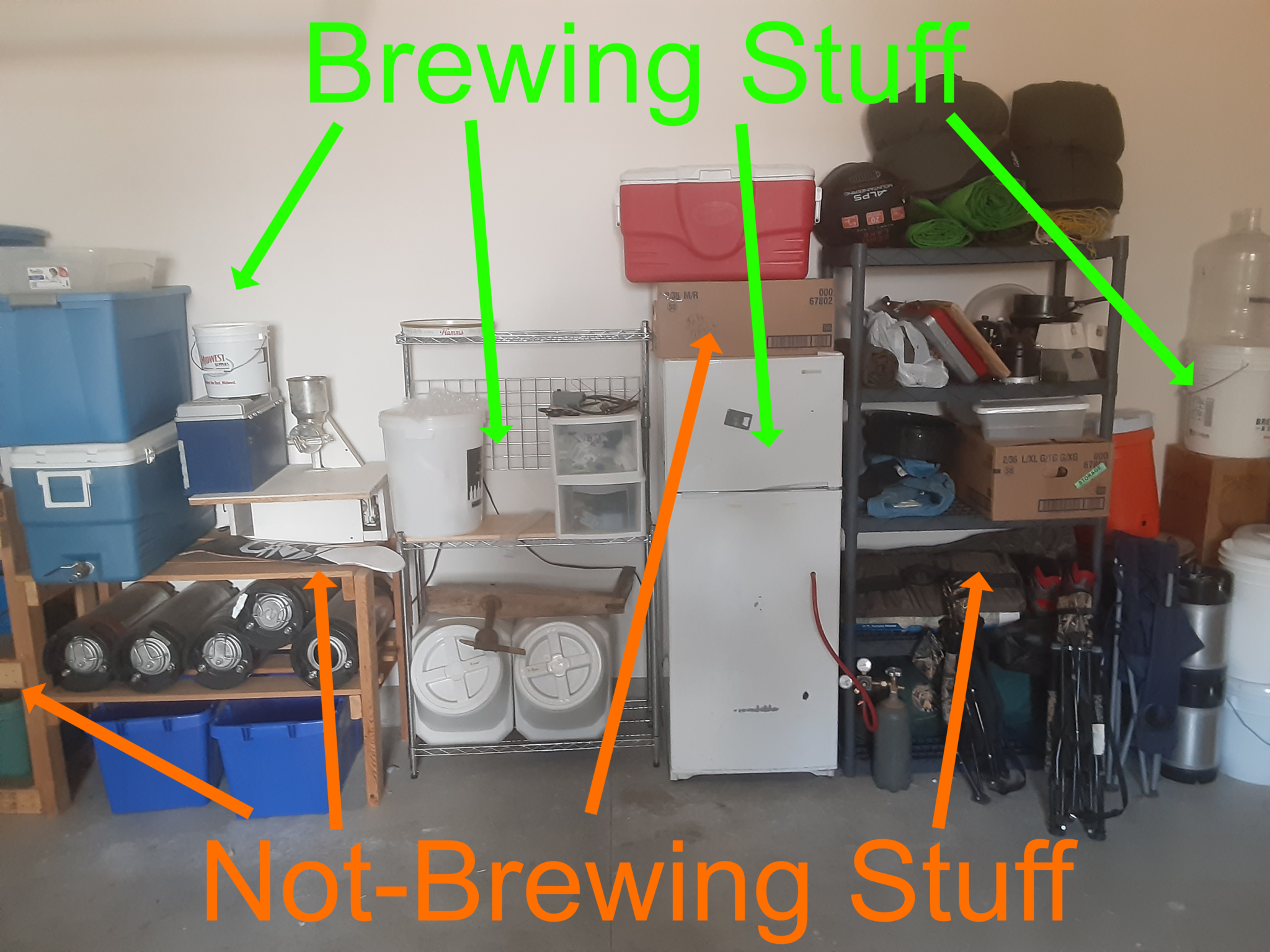
This isn’t really a problem, or a barrier. I know lots of homebrewers with minimal gear who make great beer. You don’t need a huge setup, and you can tailor your gear to the space you have. But like most hobbies, once you know you love it, there’s always new, interesting gear.
The Important Thing that Doesn’t Make Sense
Homebrewing takes time. Each batch requires time on multiple days, and may take weeks from brew day until it’s ready to drink. 5 gallon batches will require at least a few hours on brew day, assuming you have your ingredients ready.
Packaging day (bottling, kegging) requires another time investment to get the beer from your fermenter to your package of choice.
And the wait for your beer to carbonate seems to drag forever.
But Homebrewing is Still Worth It
Homebrewing is, first and foremost, a hobby. And like most hobbies, they don’t make sense to people not involved in them.
But if you love beer, you really should pick up a kit (affiliate link) and try homebrewing. Even if it’s just one batch to experience the process, it will give you an greater understanding of the beer in your glass.
Many of my homebrewing friends enjoy cooking and experimenting with flavors, and making beer at home gives an outlet for both passions at once.
So I would recommend you try homebrewing. Just don’t blame me when you run out of space to store your gear.
Brew up an adventure!
